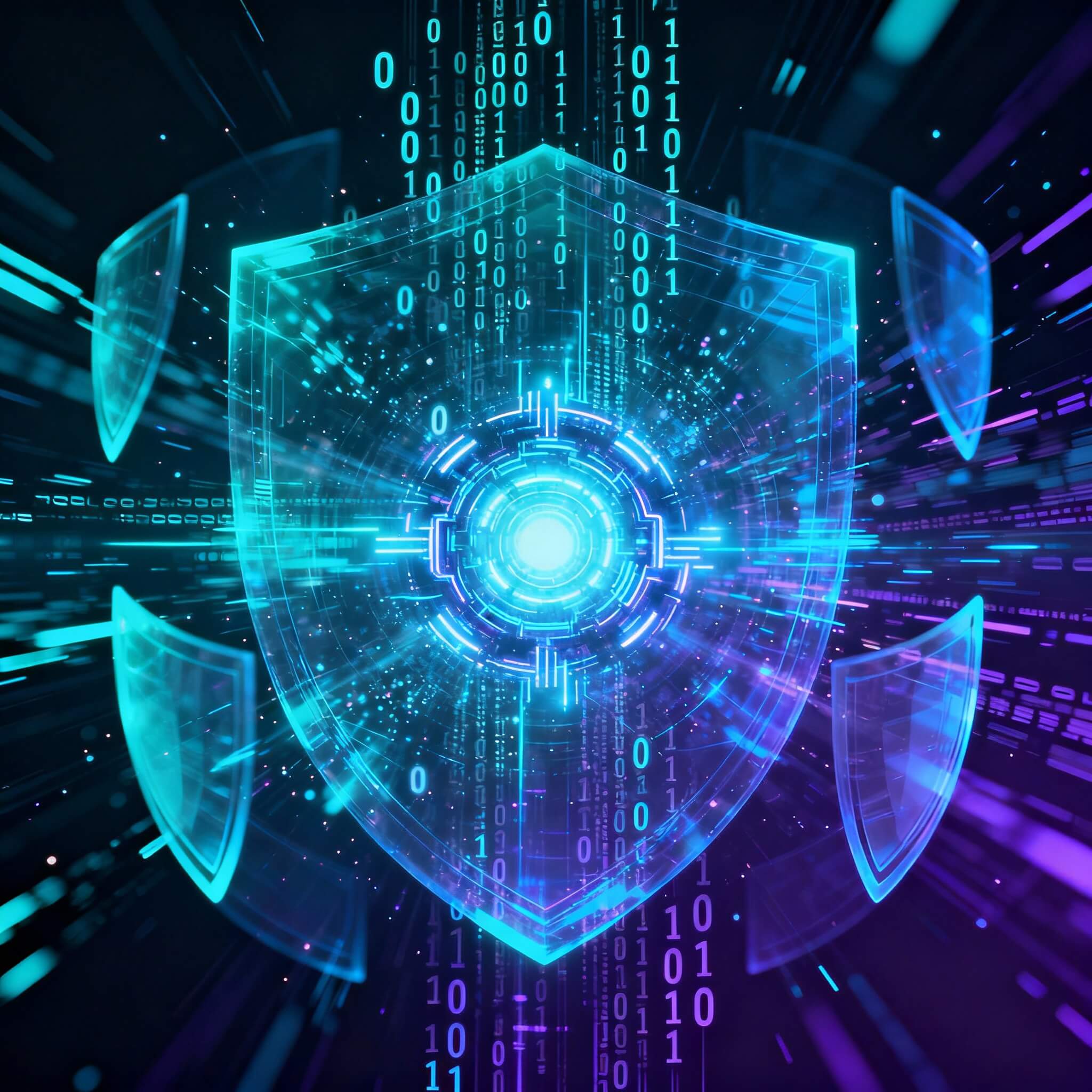Stochastic Computing and AI Security: Revolutionizing Efficiency and Protection in Modern AI
Introduction
Artificial Intelligence technology is evolving rapidly on two critical fronts: security and computational efficiency. While AI security frameworks grapple with increasingly sophisticated attacks, innovations in stochastic computing offer promising ways to drastically reduce the energy consumption and hardware cost of AI operations. This post delves into the latest developments in securing AI systems alongside breakthrough stochastic computing research reshaping AI hardware efficiency.
Evolving AI Security Landscape
AI adoption is accelerating dramatically, bringing an urgent need to defend systems from novel threats. Microsoft reports processing over 100 trillion security signals daily, exposing AI systems to automated phishing, adaptive malware, and model extraction attacks. OpenAI highlights malicious use of generative AI in influence operations and disinformation, while social engineering is becoming more sophisticated through hyper-personalized phishing and deepfake audio impersonations.
Central to securing distributed and multi-agent AI systems is the Model Context Protocol (MCP), which introduces OAuth 2.1 integration, SSO support, and verification mechanisms to safeguard AI interoperability. Sensor-driven, continuous monitoring, dynamic authentication, and zero-trust API governance are now core defenses tightening the AI security perimeter.
The Promise of Stochastic Computing
While AI security confronts threats, the cost and energy demands of AI models strain current infrastructure. Here, stochastic computing—a probabilistic approach to compute—re-emerges as a transformative solution. Unlike exact binary logic, stochastic computing represents values as probabilities encoded in random bitstreams. Arithmetic is performed via simple logical operations, dramatically reducing hardware complexity and energy consumption.
Traditional vs Stochastic Computing
Traditional computing uses precise, fixed or floating-point arithmetic requiring extensive silicon and energy for accuracy. In contrast, stochastic computing trades exactness for energy efficiency and noise resilience. Multiplications become bitwise ANDs, and errors statistically cancel out. Precision improves with longer bitstreams, enabling “progressive precision” suitable for AI inference tolerant to approximate results.
Research Highlights
- The Chinese University of Hong Kong developed a memristor-based stochastic architecture cutting energy usage by 95% for edge AI tasks while tolerating up to 50% bit-flip errors.
- The ASTRA optical stochastic accelerator delivers transformer neural network speedups with much lower energy use than GPUs by leveraging photonic probabilistic circuits.
- IEEE’s integration of probabilistic p-bits and MTJs offers hybrid designs combining digital reliability with stochastic efficiency.
Such advances promise a 1,000x reduction in AI energy consumption, enabling sustainable deployment on edge devices and cloud data centers.
Synergizing Efficiency and Security
As stochastic computing reduces operational costs, secure frameworks like MCP ensure that dynamic AI systems remain trustworthy. Together, they pave the way for AI ecosystems where resource-efficient probabilistic computation operates within secure, verifiable protocols — essential for next-gen agentic AI and multi-model integrations.
Future Perspectives
The combined trajectory points to hybrid architectures integrating stochastic and deterministic computing coupled with standardized secure protocols. Emerging programmable FPGA toolchains for stochastic designs and MCP-compliant interfaces will accelerate the adoption of cost-effective, secure AI platforms.
Continuous monitoring and evolving governance complement these hardware innovations, helping manage complex AI environments and safeguard user and enterprise interests.
Conclusion
The twin revolutions of stochastic computing and AI security frameworks such as MCP are critical for the responsible growth of AI. Stochastic computing delivers unparalleled efficiency by embracing probabilistic logic, while robust security models protect against sophisticated attacks. Together, they herald an era of powerful, secure, and sustainable AI technologies.
References and Further Reading
- Microsoft Digital Defense Report — AI attacks surge as systems process 100 trillion signals daily (Infosecurity Magazine, Oct 2025) https://www.infosecurity-magazine.com/news/microsoft-process-100-trillion
- OpenAI Global Affairs — Disrupting Malicious Uses of AI (October 2025) https://openai.com/global-affairs/disrupting-malicious-uses-of-ai-october-2025/
- Knit.dev — The Future of MCP: Roadmap, Enhancements, and What’s Next https://www.getknit.dev/blog/the-future-of-mcp-roadmap-enhancements-and-whats-next
- CUHK — Lightweight Error-Tolerant Stochastic Computing Architecture for Edge AI (Nature Communications, Sep 2025) https://www.cpr.cuhk.edu.hk/en/press/cuhk-develops-a-lightweight-error-tolerant-stochastic-computing-architecture-enhancing-visual-processing-efficiency-in-edge-devices-to-open-a-new-chapter-in-ai-development/
- ACM Digital Library — ASTRA: A Stochastic Transformer Neural Network Accelerator (Sep 2025) https://dl.acm.org/doi/10.1145/3769092
- IEEE — Integrating P-Bits in MTJs: A Bridge to Efficient Stochastic Computing (2025) https://ieeexplore.ieee.org/document/11083955/
- Investing.com — Nuclear Startups May Miss the AI Power Boom as Efficiency Gains Explode (Oct 2025) https://www.investing.com/analysis/nuclear-startups-may-miss-the-ai-power-boom-as-efficiency-gains-explode-200668671
- Yale University — Comparing Stochastic and Deterministic Computing (2015) https://csl.yale.edu/~rajit/ps/stochastic.pdf
- Wikipedia — Stochastic computing (last updated 2009) https://en.wikipedia.org/wiki/Stochastic_computing
- PubMed Central — Stochastic computing in convolutional neural network implementation (2020) https://pmc.ncbi.nlm.nih.gov/articles/PMC7924419/
- ScienceDirect — Energy-Efficient Stochastic Computing Neural Networks for IoT (2025) https://arxiv.org/abs/2508.09163
